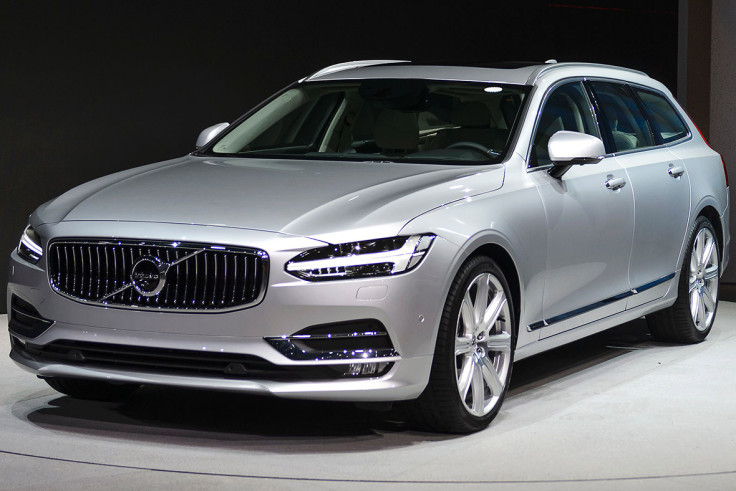Volvo cars will start warning each other about road conditions later this year
Automated system will see 90 series cars share warnings about slippery roads ahead.

New Volvo cars sold in Europe will start to automatically communicate with each other before the end of 2016, sharing information to help give their drivers advance warning of road conditions ahead.
Vehicles in the Swedish company's 90 series (the S90, V90 and XC90) will have the feature switched on in the coming couple of months, paving the way for a future where car-to-car communications help to improve road safety and traffic flow.
As well as telling other nearby Volvos about slippery road conditions, the system can also warn of obstacles blocking the road ahead. "All vehicles in the 90 series – the S90, V90 and XC90 – will be equipped with [the system] as of the end of this year," Peter Mertens, Volvo senior vice president for research and development, told Automotive News.
Developed in partnership with Swedish telecoms company Ericsson, the system uses information gathered by the car's steering, braking and acceleration sensors to monitor road friction. It also warns following Volvos and their drivers when the lead car's hazard warning lights are switched on.
While recently presenting the technology, Volvo chief executive Hakan Samuelsson said: "We use a cloud-based system so we don't need to have a direct link between the vehicles. It allows us to analyse the information and to look for the ideal distribution to other cars."
The move will see Volvo join Mercedes, whose new E-Class is currently the the first and only car on sale to have an integrated and operational vehicle-to-vehicle communication system.
Audi, Jaguar Land Rover, Cadillac and other car manufacturers are also working on vehicle communication systems, including some which talk to infrastructure and emergency vehicles. Car makers see a future where 'smart cities' communicate with the vehicles driving through them to improve traffic flow and ease congestion.
The foundation of these technologies will also lend itself to autonomous cars, which will also communicate with each other to drive more safely and efficiently. Volvo is a driving force in the growing autonomous car market, having recently partnered with Uber to bring self-driving cars to Pittsburgh, US.
© Copyright IBTimes 2024. All rights reserved.






